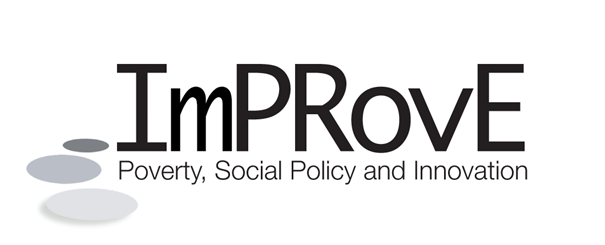WP 5, 6, 7 and 8 look at the relationship between poverty and employment, social transfers and new spending on services separately.
In this WP we will investigate the interrelationships between these variables and test the recommodification and the resource competition hypotheses. In doing so we will revise and extend the Iversen and Wren model that formed the basis of the influential ‘Social service trilemma’ hypothesis (Iversen and Wren, 1998). We will expand the Iversen and Wren model by integrating a larger number of countries. More importantly, we will not only look at wage inequalities and public outlays for wages but also at the impact of social redistribution on poverty. This is important because the EU indicators suggest that nations were indeed able to avoid the social service trilemma: social spending has been kept under control, wage inequalities have remained largely unchanged (Cholezas and Tsakloglou, 2009), while employment has risen significantly (although not always to the benefit of the poor, see WP 5).
However, the trends in Europe do suggests that governments may have found a way out of the supposed trilemma by lowering social protection for those who remained outside the labour market (recommodification hypothesis, see WP 6 and WP 7) while making social spending less-pro poor (resource competition hypothesis, see WP 8). We will model the interrelationship between work, social protection and poverty using ECHP/EU-SILC data and indicators of public social spending, public outlays for wages, employment, wage distribution and poverty pre- and post taxes and social benefits. The insights out of this WP will serve as an input for WP 15.
| Title | ||
|---|---|---|
|
ImPRovE WP 15/12: Trends in the Swedish Social Investment Welfare State: ‘The Enlightened Path’ or ‘The Third Way’ for ‘the Lions’? |
797 KB | Download |
|
ImPRovE WP 15/06: Employment and poverty dynamics in the EU countries before, during and after the crisis |
1 MB | Download |
|
ImPRovE WP 15/03: The end of decent social protection for the poor? The dynamics of low wages, minimum income packages and median household incomes |
996 KB | Download |
|
ImPRovE WP 13/05. Why has social security become less pro poor? |
1 MB | Download |

